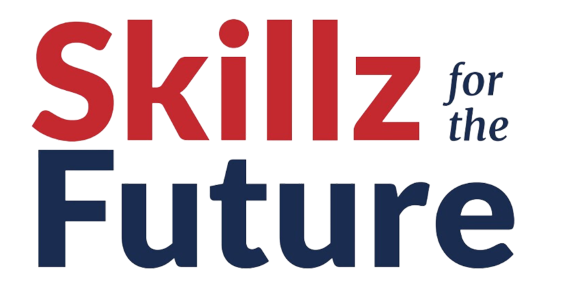In the complex professions of law and medicine, the essence of professional ethics often weaves its way through intricate moral landscapes. While established frameworks like the Hippocratic Oath for doctors may seem comprehensive, the interplay of individual ethics within these professions raises intriguing questions. This article delves into the nuances of professional ethics, focusing on law and medicine, yet offering insights applicable to diverse professional arenas.
The Essence of ‘Goodness’ in Professional Life
In the realms of law and medicine, a robust regulatory framework often guides professional conduct. The Hippocratic Oath, for instance, outlines foundational principles for doctors, emphasising the imperative to ‘do no harm.’ However, the role of individual ethics within these frameworks is a topic of exploration. The Jubilee Centre for Character and Virtues at the University of Birmingham conducts research, highlighting the significance of virtues in modern professional life.
Embracing the Premise of Ethics
Building upon Stephen Covey’s Principle-Centred Leadership, the Jubilee Centre underscores that ethics are not mere add-ons but integral to modern life, including the professional sphere. The evolving discourse suggests that ethical practices can contribute to improved business operations, a notion gaining traction post the banking crisis.
Unraveling Virtue and the Law
Despite public perceptions, lawyers value ethical behaviour, particularly principles of justice and fairness. The legal profession, often criticised, faces internal and external pressures. Research indicates that commercial pressures, like billing hours, pose ethical challenges. Maintaining an ethical practice, as per the Jubilee Centre, hinges significantly on having positive role models within the profession.
Navigating Goodness in Medicine
While doctors enjoy a comparatively better public image, the practice of medicine poses intricate moral dilemmas. Beyond regulatory frameworks, doctors frequently navigate internal moral compasses to make critical decisions. Key values in the medical profession include fairness, honesty, judgment, kindness, leadership, and teamwork. Experienced doctors, having honed their moral compass through practice, showcase more confidence in their judgment.
Building Positive Role Models
In both law and medicine, the importance of positive role models surfaces consistently. Drawing guidance from experienced colleagues helps in developing professional judgment and moral senses. Actively participating in Reflective Practice, a tool for refining professional judgment, is crucial in fostering ethical approaches.
Guiding Principles for Ethical Practice
Positive Role Models: Seek inspiration from experienced colleagues, both within and beyond your immediate professional environment. Their advice and experiences can be invaluable when faced with ethical dilemmas.
Reflective Practice: Embrace opportunities for Reflective Practice, a deliberate approach to refining professional judgment and moral compass. Regular self-reflection aids in navigating complex ethical landscapes.
Mentoring and Support: Act as a positive role model for younger or less experienced colleagues. Engage in mentoring relationships and create opportunities for Reflective Practice, fostering a culture of ethical awareness and growth.
Strengthening Ethical Approaches
Personal ‘Moral Compass’:Use your personal ‘moral compass’ as a guide in ethical dilemmas. Ensure alignment with your principles and resist veering down paths inconsistent with your ethical stance.
Virtue Strengthening: Reflect on virtues crucial to your professional life. Consider whether reinforcing certain virtues aligns with your career path, enhancing your suitability to your chosen profession.
Proactive Problem Anticipation: Anticipate potential ethical challenges in your professional journey. Plan ahead for potential difficulties, developing strategies to navigate complex situations with tact and ethical integrity.
The landscape of professional ethics extends far beyond regulatory frameworks, weaving individual virtues into the fabric of law, medicine, and various professions. Embracing ethical practices not 3
only upholds moral standards but also contributes to a healthier, more productive work environment. As you navigate the intricate ethical terrain of your profession, remember that personal principles, positive role models, and a commitment to continuous reflection can serve as steadfast guides, ensuring that the essence of ‘goodness’ thrives in your professional journey.
